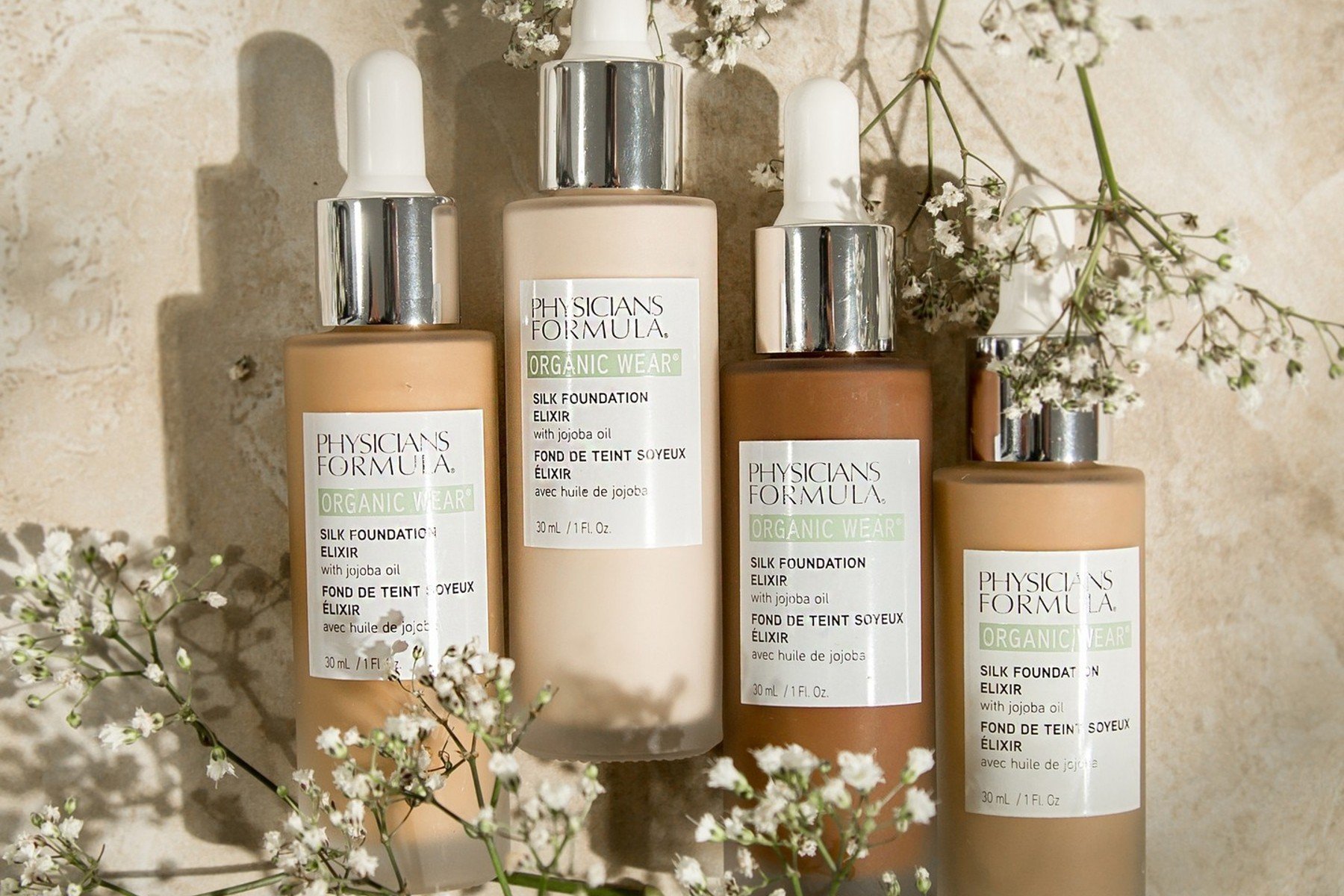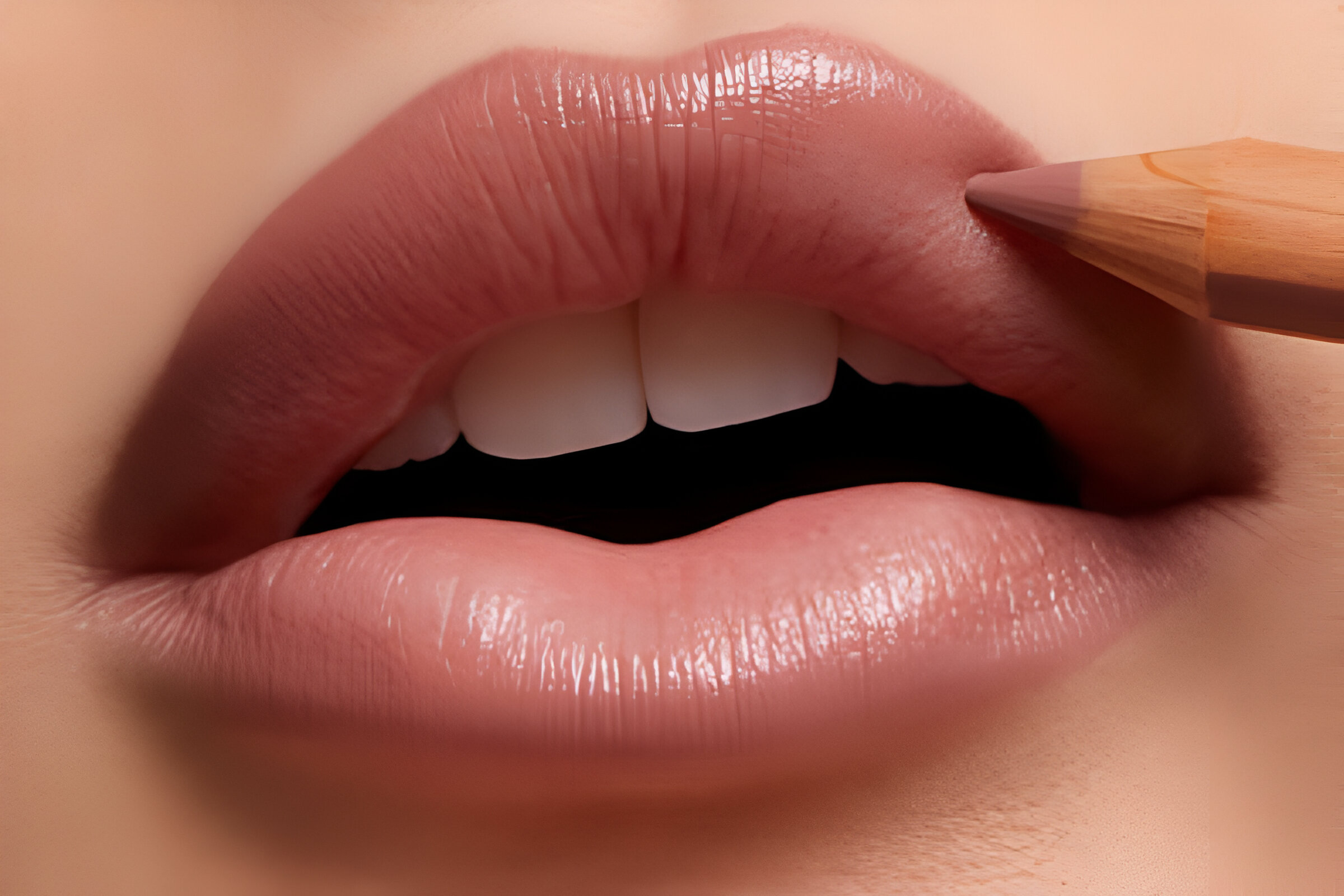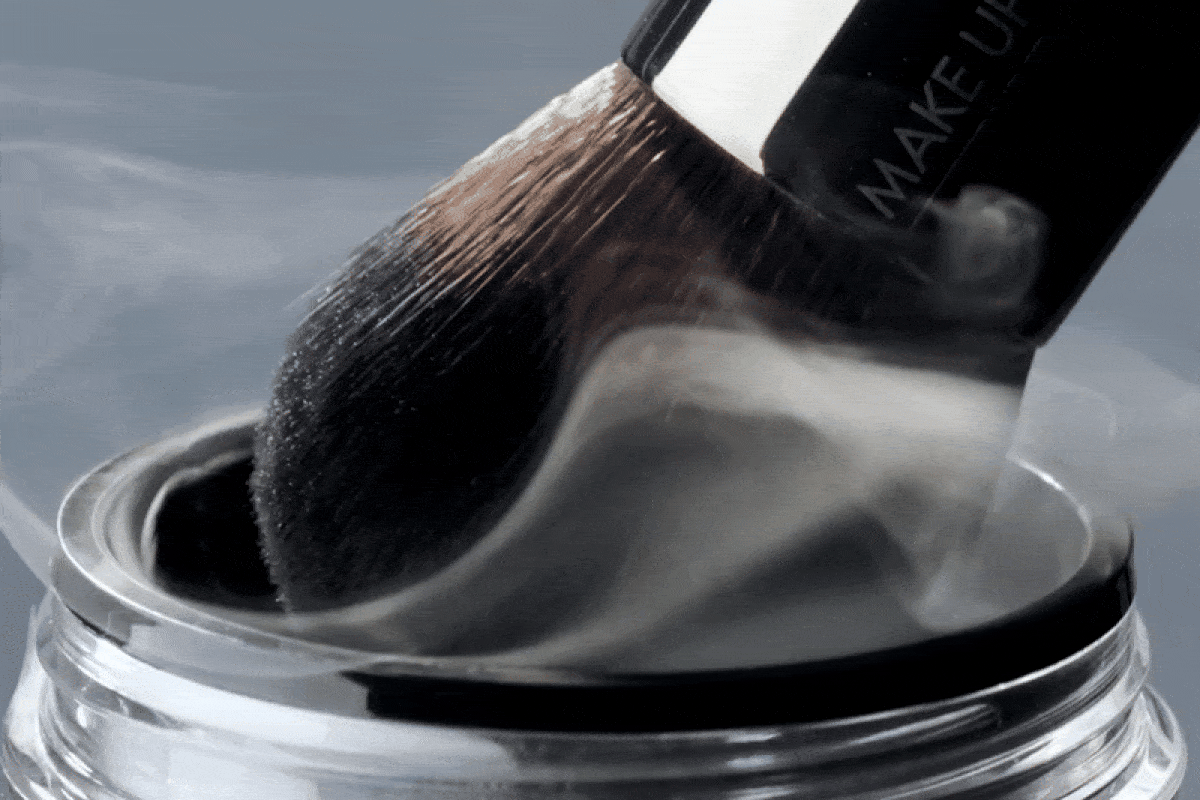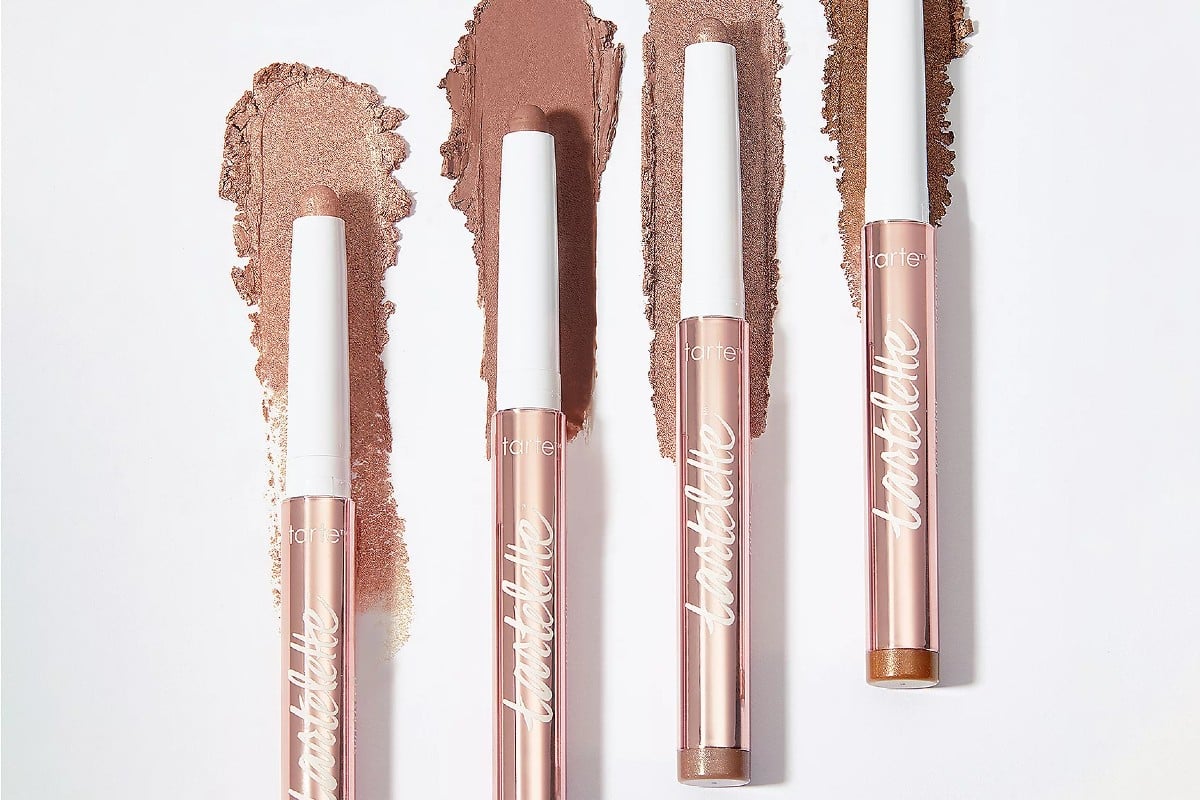Most of us love makeup. No-makeup makeup counts too. And we use plenty of products to create various looks, even if some contain less friendly ingredients. But now it gets easier and easier to have full-face makeup without compromising your skin health—thanks to natural and organic products. Natural makeup has taken up recently in the beauty world and more and more women have turned to it because it’s not just a trend but an experience that improves everything from skin to lifestyle—and it’s here to stay.
Are you still not convinced if using natural beauty products is the best call? You’ll turn into a forever fan once you finish this post.
Benefits of natural makeup products
Did you know that 1,300 harmful ingredients are banned from being used in cosmetics in the European Union, while in the U.S., only 30? That doesn’t sound right, does it? This should be the signal that urges you to opt for cleaner alternatives. Here are seven reasons to use natural cosmetics.
Are gentle to your skin
Usually, natural makeup products are crafted with minerals such as magnesium, calcium, titanium dioxide, and zinc oxide, which are beneficial for the skin.[1] Herbs and botanical oils are also often used for their healing, soothing, and protective benefits by makeup brands laboratories, while most pigments come from natural sources like plants and fruit rather than chemicals. All these compounds are generally more delicate to the skin.
Offer natural sun protection
Zinc, iron oxide, and titanium dioxide are often added to natural products, and all of them help protect your skin against sun damage and premature aging signs.[2] Titanium dioxide gives UV protection, while zinc oxide mitigates the impact of UVA and UVB beams, balances sebum, and has anti-inflammatory benefits. Iron oxide is effective in protecting against UVA and also aids in evening skin tone and blurring the appearance of blemishes.[3]
Delay premature skin aging
Natural makeup is a great ally in the fight against premature skin aging. Chemicals and fillers that are often found in conventional products can accelerate aging signs as they’re absorbed into the skin. What’s worse, the addition of synthetic compounds and silicones can settle into the ridges of the skin, making fine lines and wrinkles more noticeable. For instance, vitamin C is a hero ingredient found in some natural makeup products, which acts as an antioxidant—a must for the skin.
Protect the environment
Most products we use on a daily basis are petrochemical-based. All these chemicals pollute the water supply as they get flushed from our bathrooms, a vicious behavior that can take away the lives of animals and plants. Organic makeup products eliminate the use of synthetic fertilizers and chemicals since they have a destructive effect on our waters, soil, and health. Wildlife and rainforests would be thankful if we’d all live this way.
Minimize breakouts
Every time your skin breaks out or is too dry, think about what you have applied to it. You should be sensitive to your skin’s needs and learn to read warning signals. When you follow an organic skincare routine and have nontoxic makeup at target, the complexion feels more balanced and is healthy, and it’s less likely to trigger bad reactions, irritations, or breakouts. However, there might be an exception if you’re allergic to some ingredients or if the products you use clog your pores.
Protect our future generations
Sadly, many chemicals found in our beauty products have been linked to congenital disabilities if used when pregnant. “Pregnant women with higher levels of phthalates commonly found in fragrances, shampoos, cosmetics, and nail polishes are more likely to have children who display disruptive behavior years later,” explains Ronnie Cummins, Director of the U.S. Organic Consumers Administration.
Your own peace of mind
The idea that your skin is exposed to harsh chemicals while wearing makeup can be unsettling. Thankfully, with natural and organic cosmetics, you can put those worries to rest. Enjoy peace of mind knowing that your skin is nourished by clean, natural ingredients, all while sporting a vibrant look.
Chemicals to avoid
- Heavy metals: are highly linked to health problems at high doses of exposure. Lead and arsenic are the most common.[4]
- Artificial fragrances: are, in fact, a real cocktail of chemicals, but the law does not require the brands to list them. Daily exposure to fragrances in cosmetics may lead to dry skin, sensitivities, or dermatitis.[5]
- Synthetic preservatives: can cause adverse issues; parabens have been found in breast cancer tissue, suggesting a link between parabens and cancerous growth.[6]
- Artificial colorants: can increase the risk of sensitivity and irritation. They can also block pores, which increases the chances of blackheads and breakouts.
Sources
Women’s Concepts uses reliable sources, including dermatologists’ insights, clinical trials, and scientific journals, to find accurate information and support all the facts shared in our articles. All statements and claims have clear and legit references. Read our editorial policy to learn more about our sources of information, our process of researching and fact-checking the content, and how our team strives to keep all articles updated, completed, and trustworthy.
- Park K. Role of micronutrients in skin health and function. Biomol Ther (Seoul). 2015 May;23(3):207-17. doi: 10.4062/biomolther.2015.003. Epub 2015 May 1. PMID: 25995818; PMCID: PMC4428712.
- Jean-Claude Hubaud, Didier Guerin, Morgane Di Salvo, Jean-Eric Branka, Karim Mekideche, Philippe Piccerelle Pr, Helioscience, Cité de la Cosmétique, Marseille, France, Real Facts about Safety and Efficacy of Zinc Oxide and Titanium Dioxide in Solar Products, Journal of Cosmetics, Dermatological Sciences and Applications > Vol.11 No.3, September 2021
- Bernstein EF, Sarkas HW, Boland P. Iron oxides in novel skin care formulations attenuate blue light for enhanced protection against skin damage. J Cosmet Dermatol. 2021 Feb;20(2):532-537. doi: 10.1111/jocd.13803. Epub 2020 Nov 18. PMID: 33210401; PMCID: PMC7894303.
- Saidalavi, Rehna & Achummantakath, Hashim & B., Kishor & Pramod, Leena & Adake, Prabhakar. (2017). Analysis of lead and arsenic in cosmetics and assessment of students awareness about cosmetic toxicity. International Journal of Basic & Clinical Pharmacology. 6. 1426. 10.18203/2319-2003.ijbcp20172235.
- van Amerongen CCA, Ofenloch RF, Cazzaniga S, Elsner P, Gonçalo M, Naldi L, Svensson Å, Bruze M, Schuttelaar MLA. Skin exposure to scented products used in daily life and fragrance contact allergy in the European general population – The EDEN Fragrance Study. Contact Dermatitis. 2021 Jun;84(6):385-394. doi: 10.1111/cod.13807. Epub 2021 Mar 2. PMID: 33576005; PMCID: PMC8247875.
- Hager E, Chen J, Zhao L. Minireview: Parabens Exposure and Breast Cancer. Int J Environ Res Public Health. 2022 Feb 8;19(3):1873. doi: 10.3390/ijerph19031873. PMID: 35162895; PMCID: PMC8834979.






